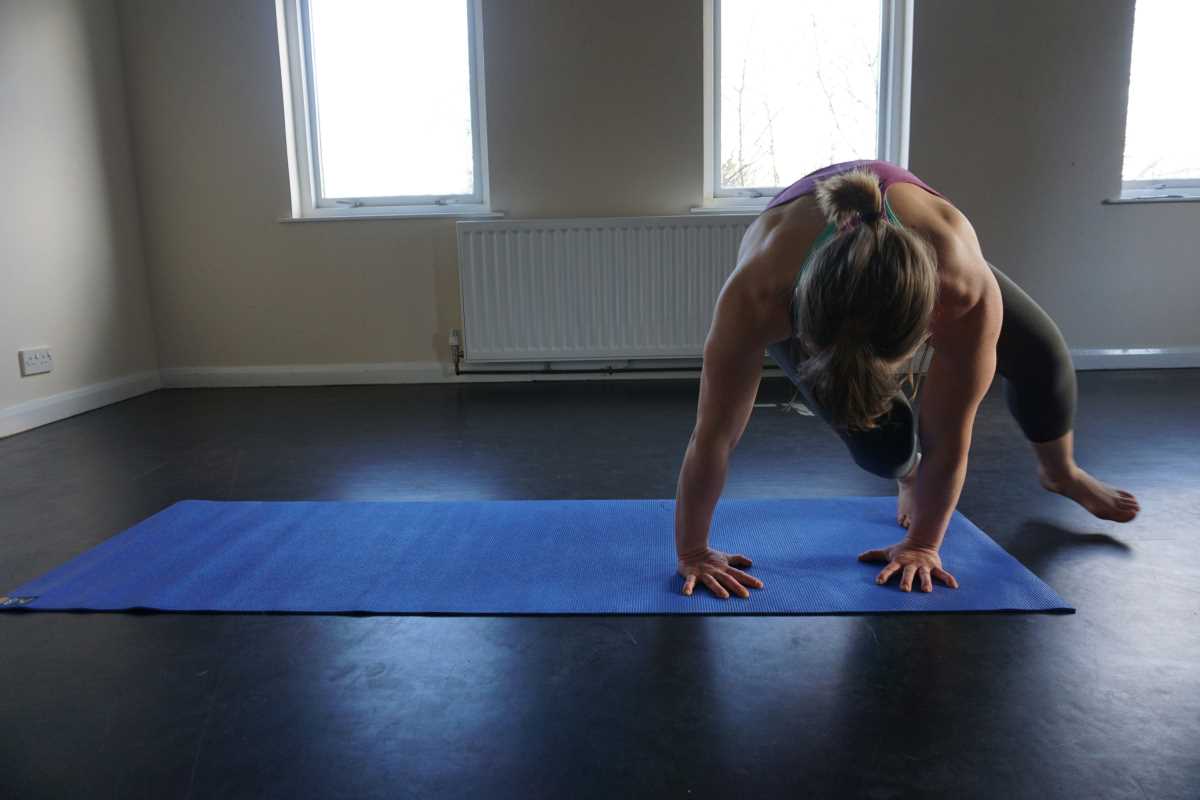Working shifts often disrupts your natural sleep patterns, leaving you searching for ways to get proper rest. When your hours go against daylight, unwinding at the end of a long day can become a real challenge. Many people struggle to fall asleep or stay asleep when their routines are constantly changing. Fortunately, you can adopt simple habits that encourage better sleep and help you wake up feeling more energized. By adjusting your environment and setting consistent bedtime rituals, you make it easier for your body to relax, no matter what hours you keep. Discover how small changes can help you reclaim restful nights on a shift work schedule.
Building a restorative sleep routine isn’t about following a strict regimen but about finding what truly works for you. With a little experimentation and dedication, you can discover new ways of creating a peaceful nighttime atmosphere that supports your health and well-being.
Understanding the Challenges of Shift Work
Shift work brings unique hurdles that can make unwinding a challenge. For anyone juggling overnight or irregular hours, you often encounter interruptions in your body’s natural rhythm. These challenges affect not only your sleep but also your energy levels and overall mood throughout the day.
Think about some of the major obstacles faced when trying to catch proper rest:
- Disrupting your body’s internal clock
- Having difficulty aligning meal times and social activities with sleep times
- Being exposed to noise and activity during typical sleep hours
- Feeling stressed due to a constantly changing schedule
Creating a Sleep-Friendly Environment
Your bedroom plays a massive role in signaling to your body that it’s time to shut down. A calm, cool, and dark space goes a long way toward helping you wrap up your day. It often takes a few tweaks to turn your room into a sleep sanctuary, but the benefits are well worth the effort.
When adjusting your space, consider these actionable changes through a step-by-step plan:
- Keep your room at a comfortable temperature that makes it easy to drift off.
- Minimize noise by considering earplugs or ambient sounds.
- Invest in blackout curtains or an eye mask to block out daylight.
- Remove distractions like work documents or high-tech gadgets that might keep your mind racing.
Developing Consistent Sleep Habits
Establishing a regular pre-sleep routine helps set your body’s internal clock, even when work hours are all over the place. Instead of relying solely on your body’s natural cues, create self-care rituals that signal a transition into rest. Try a fixed wind-down ritual that begins at the same time each day, whether it's reading a book or listening to calm music.
Keep a sleep diary to track what works best. Take note of when you go to bed, your energy levels, and any patterns that emerge. This trial-and-error method allows you to adjust gradually to creating habits that suit your unique schedule while giving you a sense of control over your sleep health.
Managing Light, Caffeine, and Technology
Light and technology influence your sleep quality more than you might think. Even if you feel exhausted, exposure to bright screens or unexpected bright light can keep your brain alert. Adjusting your routines and habits concerning light exposure and caffeine can make a noticeable difference when you finally hit the pillow.
Here are some practical adjustments to consider:
- Avoid screens at least 30 minutes before bed; try switching to a book or listening to soft music.
- Cut back on caffeine in the hours leading up to your sleep time, as it can keep your mind wired longer than you like.
- Dim house lights as part of your pre-sleep ritual, which signals to your brain that it’s time to wind down.
- If you work late into the night, use blue light filters on your devices to ease the transition to sleep.
Relaxation Techniques for Improved Sleep
When you get into bed, practicing relaxation exercises can be a game changer in quieting your mind. Simple activities such as deep breathing, gentle stretching, or even noting moments of gratitude can help decrease the stress tied to shift work. These techniques allow you to actively connect with your body and calm your mental chatter, making sleep feel more attainable.
You might listen to soft instrumental music or nature sounds to enhance this calming process. Over time, incorporating such techniques into your nightly routine often builds a positive feedback loop where sleep comes easier and your overall stress levels decrease.
Consistent small changes can help you build a sleep routine that supports your health. Reclaim restful sleep and improve your well-being.







